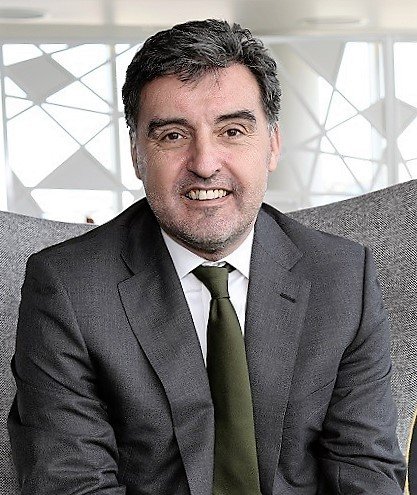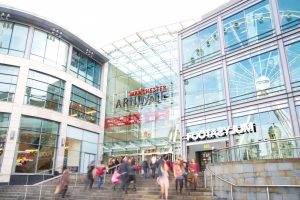Overseas investors queueing to put money into North

THE North West benefited from 98 foreign direct investment (FDI) projects in 2015 – the largest number in a decade – representing an increase of 118% on 2014 when the region attracted just 45.
According to the 2016 EY UK attractiveness Survey, Manchester continues to lead the way in the region and the North West is the fastest growing region in the UK for international investment.
The growth has resulted in a 190% increase in new jobs across the North West since 2014 to 4,026.
EY’s chief economist Mar Gregory said particularly strong growth was reported for projects from the software, business services, construction and retail sectors. Amazon.com, ALDI Group and HGS Europe were some of the largest FDI projects in the region.
While the US dominated in all regions, the next most important sources of investment for the North West were the Netherlands, Germany and France. China, which was ranked second in the UK, came seventh in the North West.
Gregory said two main factors influencing foreign investments are the availability and skills of the local workforce (27%) and access to good transport infrastructure (26%).
He also said the Northern Powerhouse region had benefited from the diversity businesses across the wider region.
“The Northern Powerhouse and the devolution agenda have helped the UK but it’s part of a general trend,” he told TheBusinessDesk. “Its constituent regions – the North West, North East and Yorkshire, have all done well.
“If you look at the Northern Powerhouse, there are pockets of strength across the region. Financial services has come back, particularly in Yorkshire. Leeds is probably the strongest part of the region there.
“And it’s the leading region for logistics in the UK – North West and Yorkshire – because of geography, I would imagine.
“And we shouldn’t underestimate the airport and the two big ports in the Northern Powerhouse, Liverpool and Hull, plus Manchester Airport, Liverpool Airport. Logistics companies like that.
“I think Manchester is a real business services story in the city centre and it has become the other destination for headquarters other than London.
“The South East has lost out a little bit as we’ve seen headquarters move into the region. And I would imagine the promise of HS2 adds to that. The perception is you can actually locate headquarters somewhere other than London.”
Gregory also hailed manufacturing success in the North West, contrary to what many business analysts say.
“In the Northern Powerhouse, manufacturing is strong,” he said. “Manufacturing gets written off a lot in the UK, but in pockets of the North West, probably outside the city centres – the Burnleys, Wigans and Boltons – they’ve still got their expertise.”
And the economist also hailed the “football factor”.
“I’ve a bit of theory that the football teams help,” he said. “If you look at the cities that did really well last year. Manchester, Barcelona are standouts – non capital cities.
“You shouldn’t make correlations from observations, but I think just awareness helps. When the Chinese (delegation) visited (in October), they wanted to go to the Etihad. When Swansea made it to the Premier League, the next year, applications in the city went up 43%.
“Now, Leicester (new Premier League champions) have had a queue of foreign news agencies wanting to talk to them.
“One thing about FDI, is when we ask what the influencing factors are, they all say infrastructure and skills. But actually, when you get down the list, quality of life comes into it.”
Gregory’s comments were backed up by Simon Allport, North West senior partner at EY.
He said: “The figures show that the international investsment community has seen the potential in the North West with its access to the right skills, infrastructure and strong supply chain networks.
“Getting the right infrastructure programmes in place is essential, especially in relation to the Northern Powerhouse.
“Improving the road and air network, building on the North’s relative strengths in ports, are areas that will boost further foreign investment. This makes projects such as HS3, or Northern Powerhouse Rail as it was referred to in the March 2016 Budget, all the more essential.”






